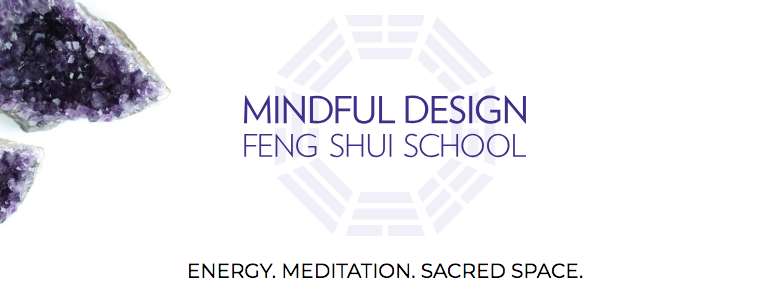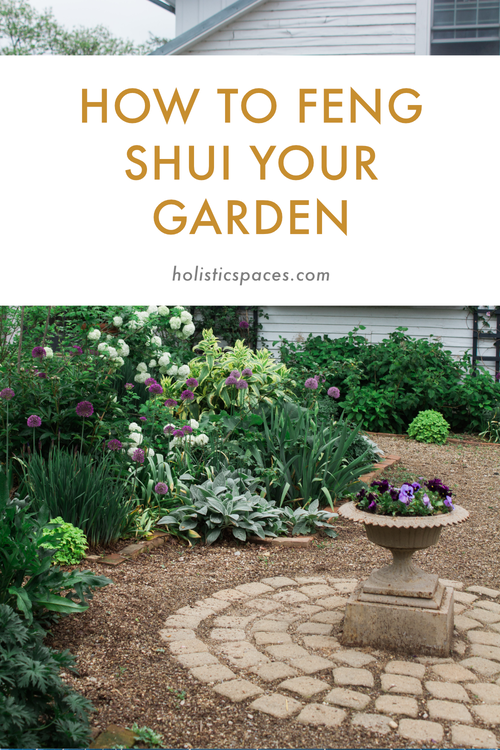Photo by Anjie Cho Architect PLLC
Anjie Cho was featured on Greatist
If you’re craving a home refresh, there’s a simple low or no cost way to go about it. It’s called feng shui.
Feng shui translates to wind and water, respectively. The ancient Chinese philosophy revolves around the careful arranging of objects across our homes.
Pull it off, and you’ll channel good energy call “qi” (aka “chi” or life force). On the other hand, cluttered, unorganized homes with poor flow can have negative effects on health, wellness, relationships, and even our wallets.
So, by applying the principles of feng shui to your home, you can improve energy within the spaces, which flow into your life as well. You can think of feng shui as applying mindfulness to your home.
“We’ve become so accustomed to the status quo in our homes,” explains Anjie Cho, owner of Holistic Spaces.
“But even little things like a hard-to-open door or a cluttered entryway, add a little level of difficulty and frustration that trickle into other areas of our lives,” she says. “Your space should support you. Feng shui can help remove physical barriers to help you feel more nourished by your surroundings.”
Getting caught up all on the details can be stressful, and Cho advises against that. Since the principles can be both specific and broad, she’s sharing some of her best tips for tackling the tricky, small spaces in your home that can have the biggest impact.
.…read full article
If you’d like to learn more about feng shui, check out Mindful Design Feng Shui School at: www.mindfuldesignschool.com






